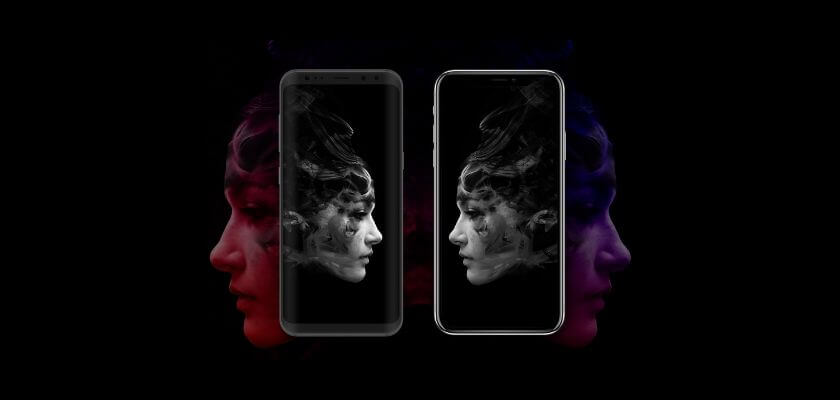You might be sleeping but your iPhone is not.
A report published by the Washington Post reveals that even when the screen is off, hidden app trackers are leaking out lots of personal information to companies you might not even know.
According to the report, during a recent night, several research firms and other data guzzlers got data from the author’s iPhone. At 11:43 p.m. the company Amplitude learned the author’s phone number, email, and location. At 3:58 a.m. the company Appboy got a digital fingerprint of the phone. At 6.25 a.m. the tracker Demdex learned a way to identify the phone and sent back a list of trackers to pair up with. The app Yelp behaved strangely throughout all the night, with messages containing the author’s IP address being sent once every five minutes.
The report suggests that Apple, despite its recent advertisement, cannot be trusted when it comes to data privacy. Apps found tracking the author and passing information to third parties – just during his sleep – include Microsoft OneDrive, Inuit’s Mint, Nike, Spotify, The Washington Post, and the Weather Channel. The crime-alert service Citizen shared personal information in violation of its privacy policy.
The privacy firm Disconnect, which helped test the iPhone, said the unwanted trackers can sweep out 1.5 gigabytes of data in one month, a big portion of the average mobile data plan.
Trackers are a common problem on Android phones too. Google won’t even let Disconnect’s tracker-protection software into its Play Store.
App trackers are similar to cookies on websites. They slow down loading times, use battery and generate lots of unwanted ads – often remaining unnoticed and resisting to blocking attempts.
Some app makers tweak trackers to make them activate during night time when the phone is plugged-in, or think they won’t interfere with other apps. These nocturnal processes happen on the iPhone if users have allowed “background app refresh”, which is Apple’s default setting.
Yelp said that the behavior uncovered in the investigation wasn’t exactly a tracker but rather an “unintended issue” that was acting as a tracker. Yelp believes the issue might be affecting one percent of its users, specifically those who reserved services through Apple Maps. Yelp could be feeding a database to map people’s travels, even when they are not using the app.
Another example is the food-delivery service DoorDash. It sends data to nine third-party trackers, without users even knowing it.
Some trackers act like “consultants” that app makers use to analyze what people click on and are interested in. Other ones generate revenue, cashing in on our data by targeting ads.













